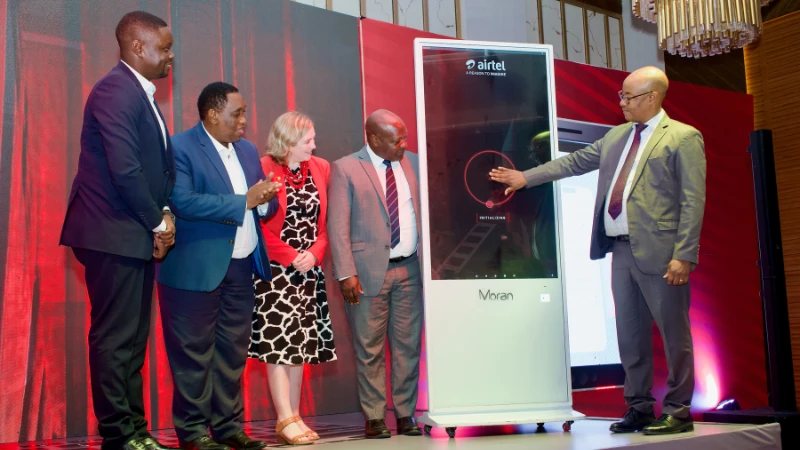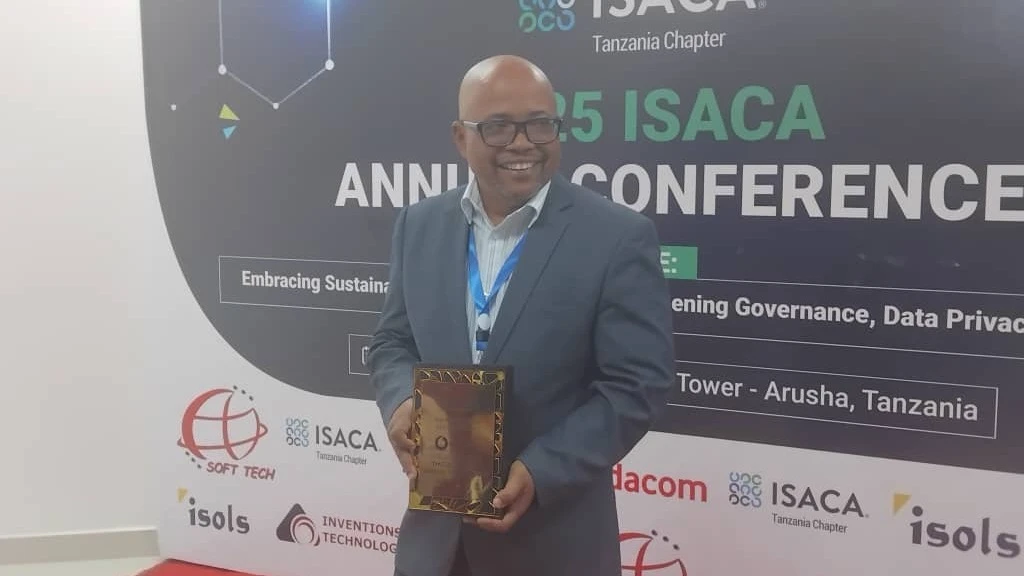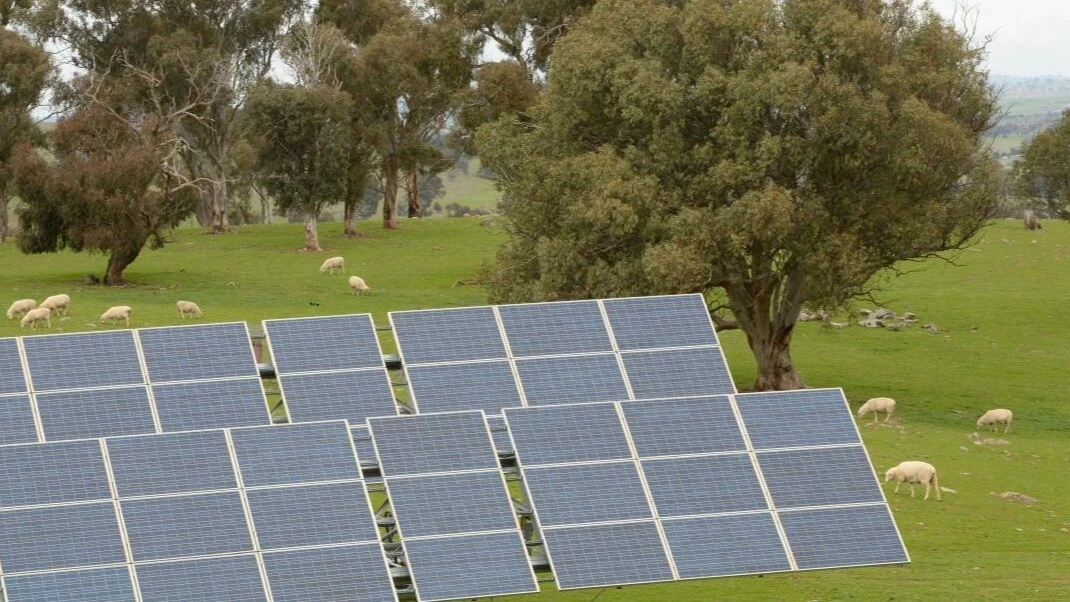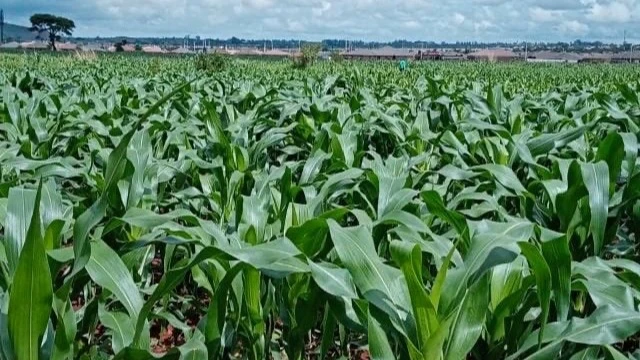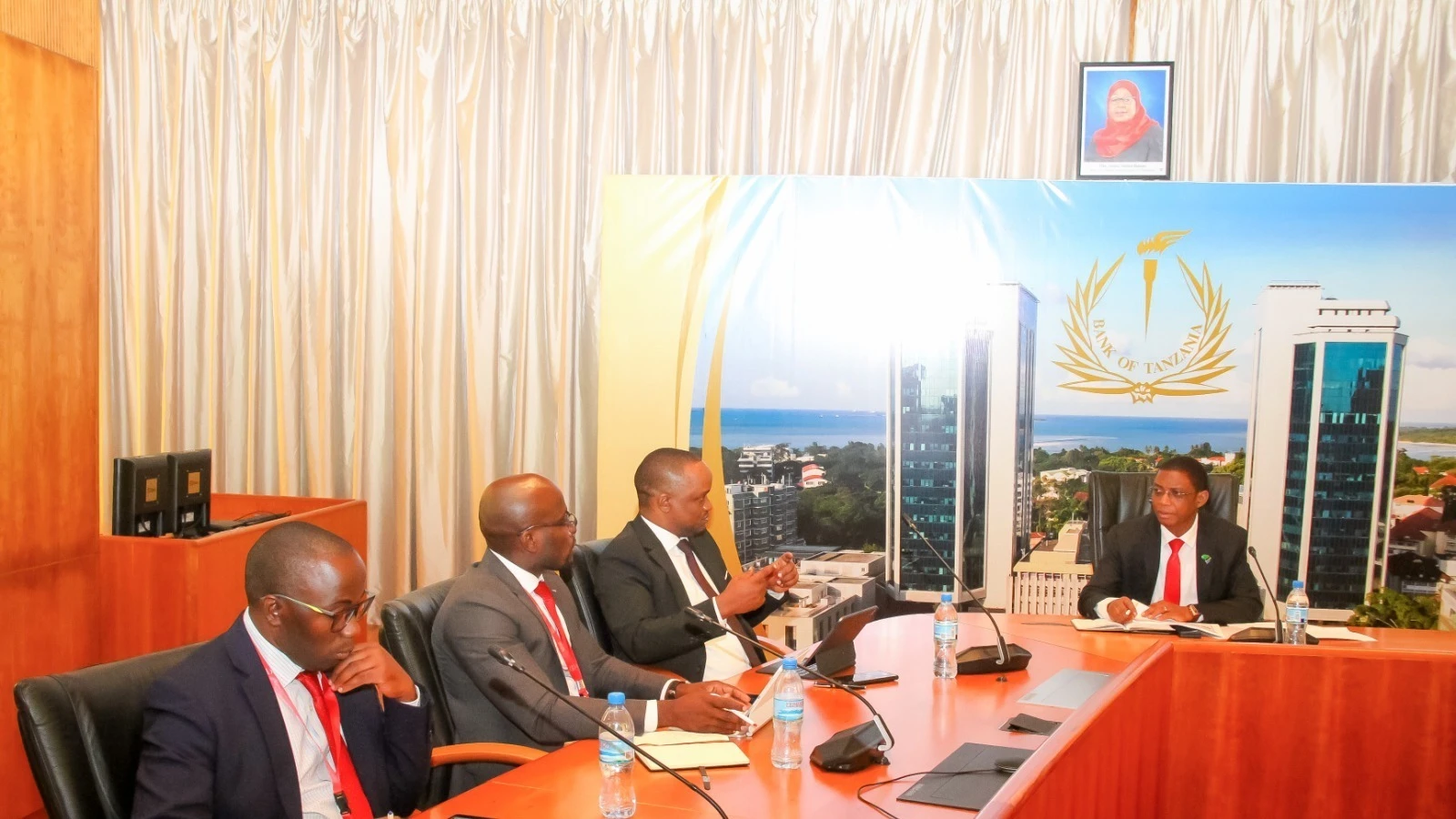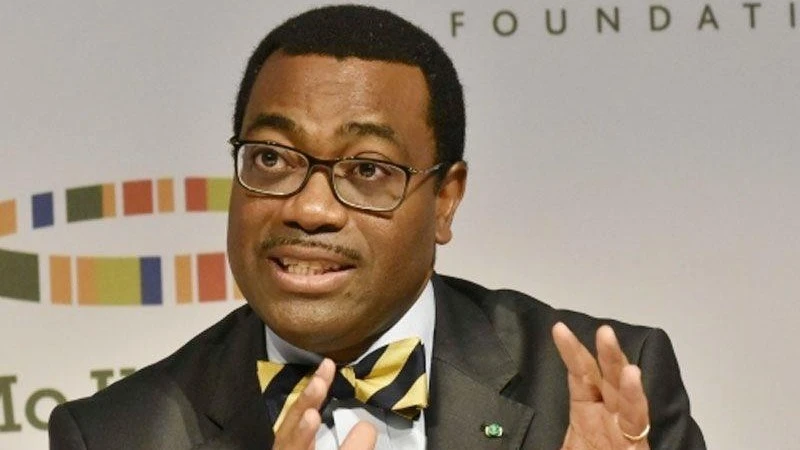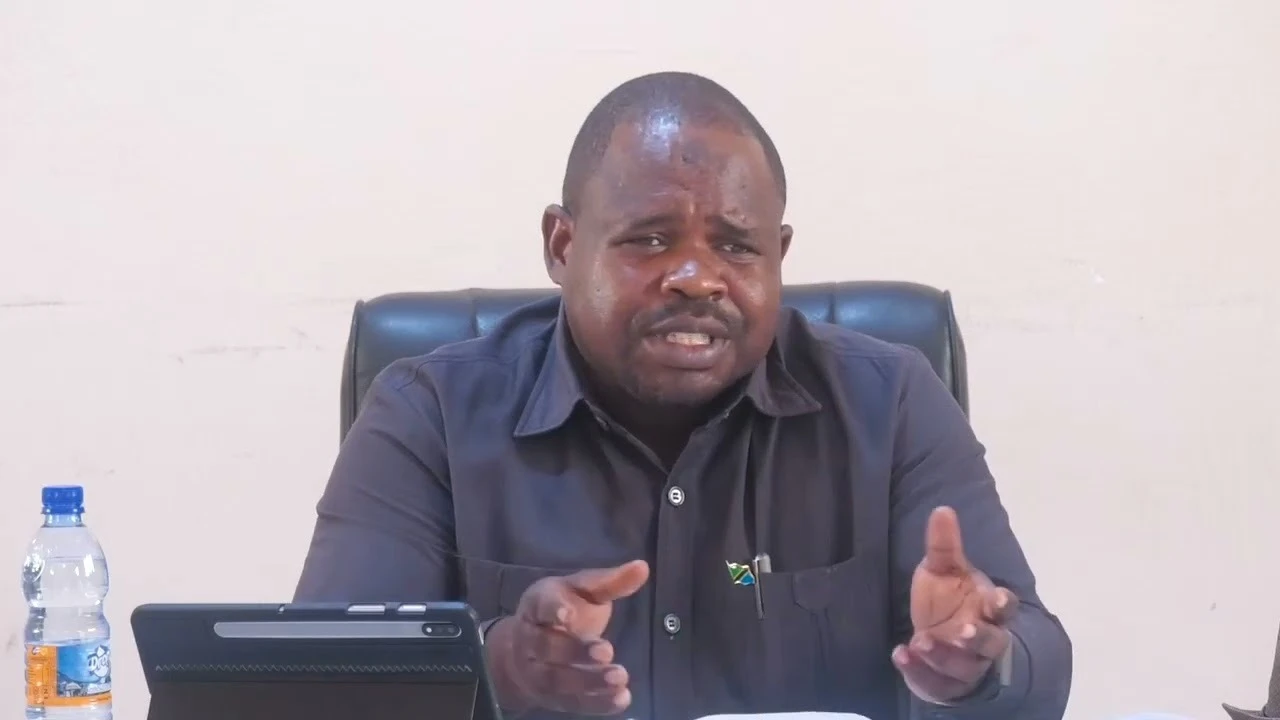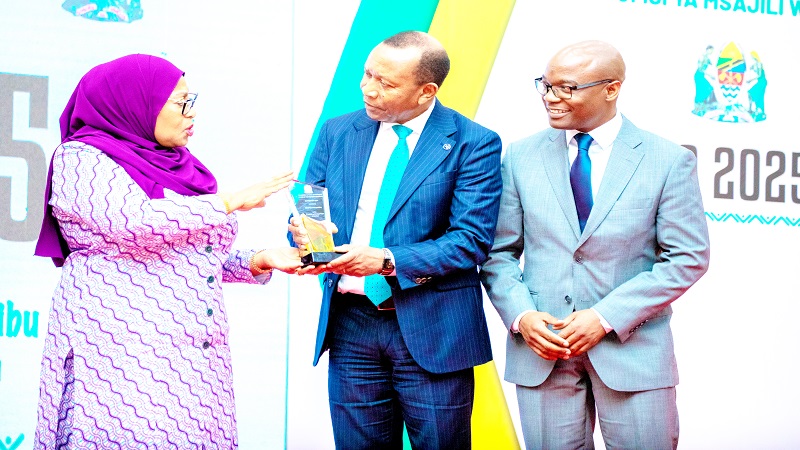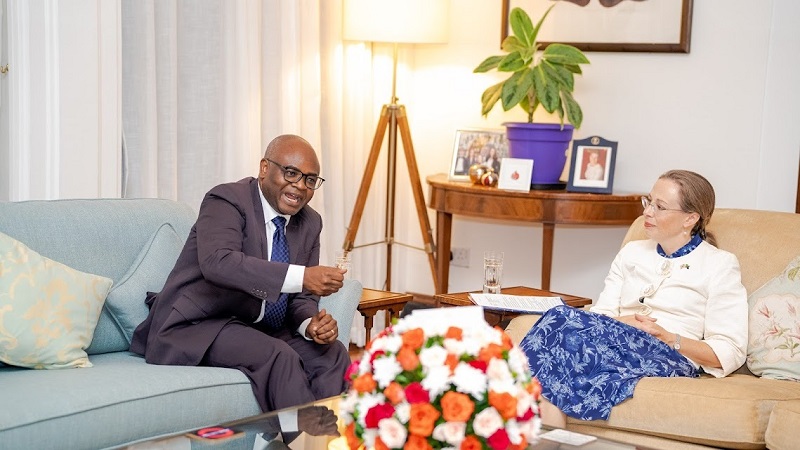Mo Ibrahim, African experts map out post-aid era strategy
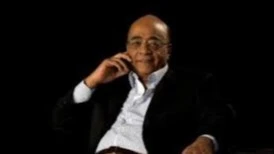
African leaders and top executives in UN agencies were at the start of the week seeking ways to accelerate implementation of domestic solutions to realize ‘The Africa We Want,’ an African Union agenda for 2063.
African leaders from government, business, civil society and key institutions—joined by international partners—gathered at the Mo Ibrahim Foundation’s annual event to address the continent’s urgent challenges, reset leadership priorities and chart a bold path for accelerated development.
Held under the patronage of His Majesty King Mohammed VI amid global uncertainty, the event emphasized a shared consensus: Africa must own its agenda.
“This requires honest reflection on missed targets in Agenda 2063 and renewed commitment to unlocking the continent’s vast potential,’ organisers said, with
King Mohammed VI opened the conference with an observation that Africa suffers from multidimensional crises.
“Yet, these challenges must not dampen our determination to move forward,’ he declared, with participants coalescing around the idea that the shift from aid is a strategic opportunity to transform donor relationships into mutually beneficial partnerships.
Dr Ngozi Okonjo-Iweala, the World Trade Organisation (WTO) director general, said that this relationship needs to focus on investment, enabling Africa to fully leverage its domestic resources.
Participants sought to find ways to drive Africa’s growth by redefining international partnerships on Africa’s terms, with the event taking place amid sharp declines in official development assistance (ODA).
The Mo Ibrahim Foundation’s 2025 Facts & Figures show Africa’s ODA share dropped 11 percentage points from 2013 to 2023, accelerating long-term decline.
The WTO chieftain asserted that ODA as a driver of African development was waning well before this year, while David Lammy, the UK foreign secretary insisted that development is about growth—jobs, opportunities, business—not just aid.
Leaders were urged to use upcoming global forums like the Financing for Development Conference in the Spanish city of Sevilla on June 30–July 3 to “amplify Africa’s voice and reframe international dialogue.”
Mo Ibrahim underlined that peace, security, justice and governance as foundations for growth are undermined by crises and governance failures causing devastating losses across sectors, undercutting investments and curbing development.
Dr Tedros Adhanom Ghebreyesus, the World Health Organisation (WHO) director general, said that peace is the prerequisite for health, development and ‘the Africa we want—a healthier, safer and fairer continent.’
Participants stressed that ongoing conflicts as in Sudan and Niger block growth, joined Mo Ibrahim in calling for the immediate release of Niger’s civilian president Mohamed Bazoum.
The Sudanese billionaire resident in the UK said that aid was never enough to finance Africa’s development, and the continent’s future should not depend on donor generosity.
“But without peace, security, justice and governance, progress is impossible. It’s now our responsibility to build these foundations,’ he emphasized, underlining that while the Agenda 2063 vision remains unchanged, urgency and approach must evolve.
The foundation’s data reveals that the $330bn needed annually for the 2024–2033 growth implementation plan is less than Africa’s untapped resources, he pointed out, asserting that key priorities include halting illicit financial flows estimated at $90bn annually.
Half of this outflow is tied to extractives like gold, he said, similarly highlighting strengthening domestic tax systems to raise the tax-to-GDP ratio from 15 percent at present, below OECD averages.
About 19 countries had even lower tax to GDP ratio, while another key area is investing African pension funds standing at $220bn, sovereign wealth funds ($130bn) and remittances ($90bn annually) directed to Africa.
Building local value chains to capitalize on Africa’s five to eight percent share of global critical mineral reserves essential for the green economy and monetizing Africa’s carbon sinks was similarly emphasized, alongside biodiversity, blue economy and uplifting Africa’s agricultural potential.
Fast-tracking implementation of the African Continental Free Trade Area (AfCFTA) to increase intra-African FDI from 14 percent of total trade and grow Africa’s economy to $29trn by 2050i was equally affirmed.
Top Headlines
© 2025 IPPMEDIA.COM. ALL RIGHTS RESERVED









